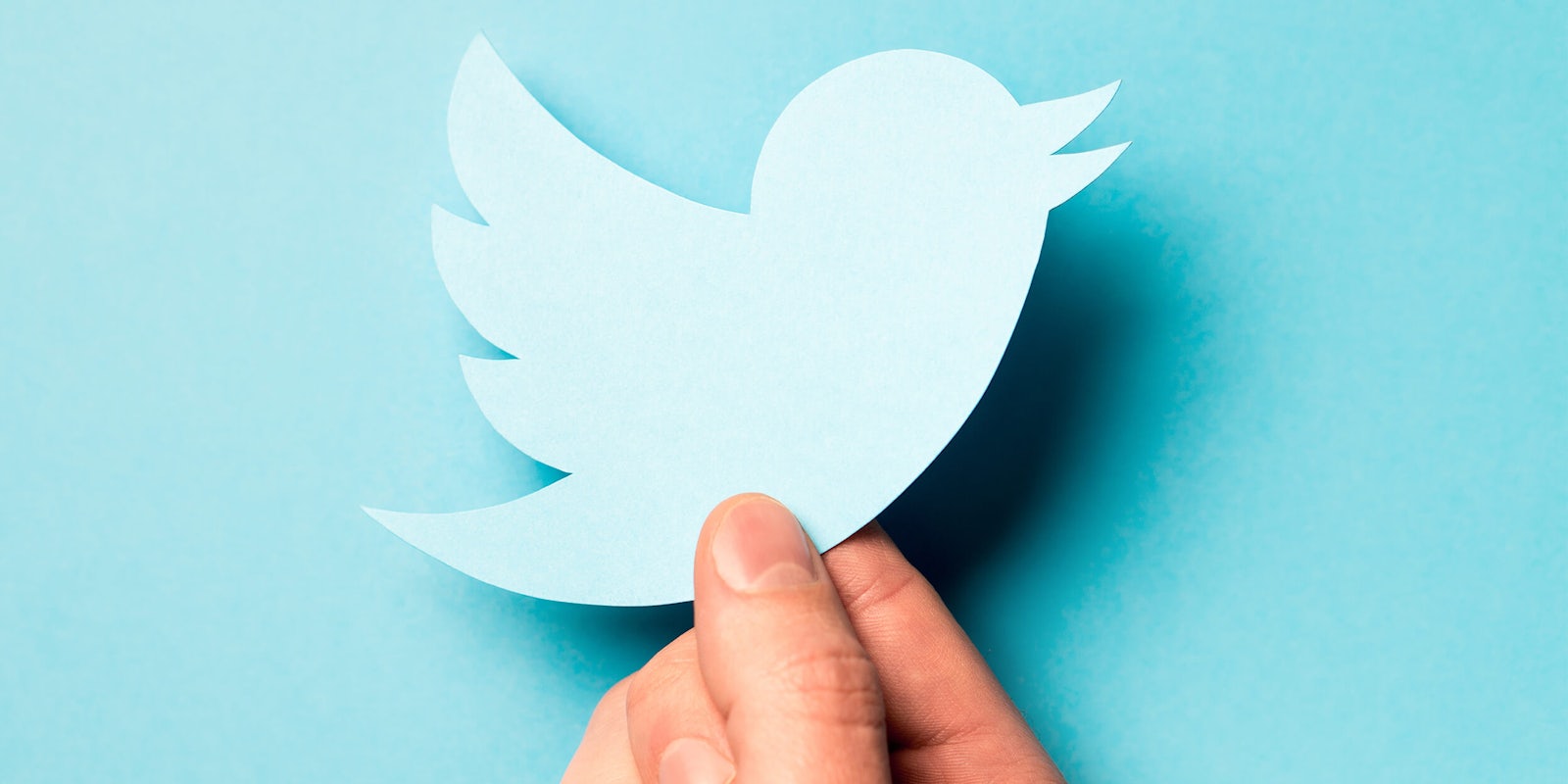Twitter on Monday shared a draft of its “manipulated media” policy to address content like deepfakes, where it proposes warning and labeling such tweets.
Last month, the company said it was developing the policy, and after releasing this draft asked for feedback from the public on it. The company defined “manipulated media” as content that has been “significantly altered or fabricated in a way that intends to mislead people or changes its original meaning.”
Within the policy, Twitter said it may put a notice next to tweets that shared manipulated media; warn people before they share or like tweets with manipulated media; and add a link to a news article or Twitter Moment giving context as to why the content is manipulated media.
The company added that if the manipulated media is “misleading and could threaten someone’s physical safety or lead to other serious harm” it may remove the tweet.
“When you come to Twitter to see what’s happening in the world, we want you to have context about the content you’re seeing and engaging with,” Del Harvey, the vice president of trust and safety at Twitter, wrote in a blog post announcing the draft policy. “Deliberate attempts to mislead or confuse people through manipulated media undermine the integrity of the conversation.”
Twitter is asking for feedback on the policy, including a survey for people to fill out. The survey asks whether altered photos and videos should be removed or have warning labels, and whether they should be allowed by Twitter even if they don’t “directly cause physical harm.”
It also asks whether it would be “acceptable” or “not acceptable” for the company to alert people they are about to share tweets with manipulated media; if Twitter should remove tweets with manipulated media; or if they should hide tweets with manipulated media, among other things.
READ MORE:


